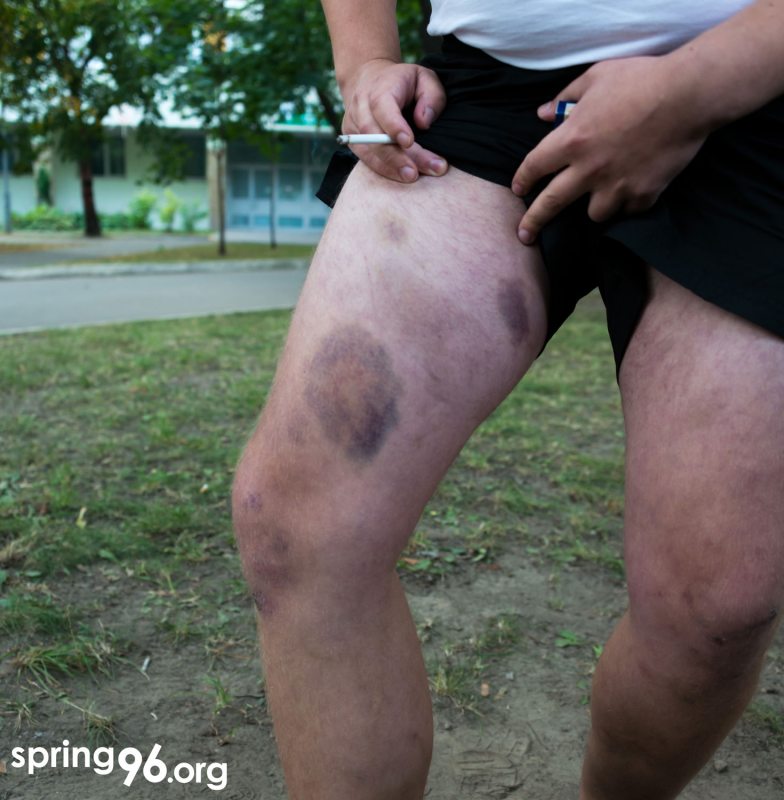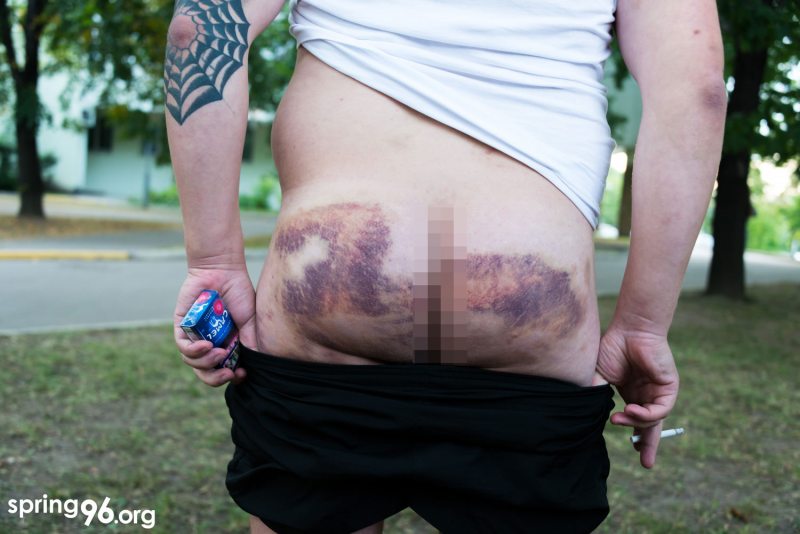"They started beating me again and said: 'This is a refill for you!'" Survivor stories
The Human Rights Center "Viasna” and the World Organization Against Torture (OMCT) launched a campaign to document cases of torture, cruel, inhuman and degrading treatment of protesters on August 9-13. Some testimonies of people who survived torture and violence will be published on our website as evidence of crimes committed by security forces.
26-year-old Minsk resident Aliaksandr Lukyanski was returning home from work at night on August 11. He knew that people in the city were going to peaceful protests, so he decided to take a taxi.
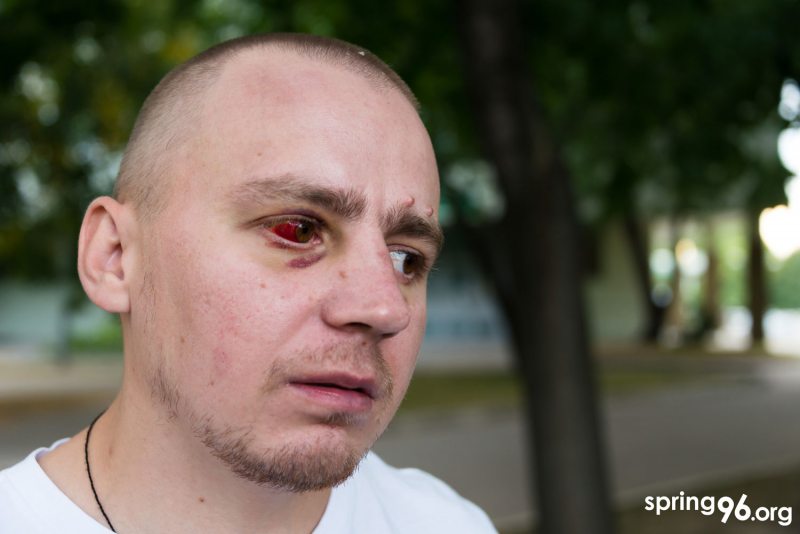
- Aliaksandr Lukyanski, one of at least 450 victims of police abuse during the post-electoral protests in Belarus. Photo: spring96.org
"I got in the car and we started driving and after some time we got stuck in a stream of beeping cars. We were stopped by traffic policemen and the driver went out to present the documents. I was also told to get out of the car. I asked for the reason and closed the door," Aliaksandr recalls the events of that day.
Police officers talked to each other on the radio, passed on some information, and a few minutes later four riot policemen ran up to the car where Aliaksandr was sitting, opened the doors by force and pulled him out of the car.
"I was severely beaten. They hit me on the head and I lost consciousness. I remember what happened in flashes. I realised that I am pulled by arms and legs, my knees are dragged on the ground. Then they threw me in a police van," says Aliaksandr Lukyanski.
He stayed in the van for several hours, and the detainees were thrown inside every now and then. At some point, the door to the section where Aliaksandr was kept opened again.
"I thought maybe they were letting us out because the van stood still and was not going anywhere. But I was beaten up again, they said: 'This is a refill for you!' I turned away as much as I could, but I was beaten up really heavily anyway."
In another hour or two, when the police van was filled with detainees, it drove to Pieršamajski police department.
"I was taken upstairs to an office and forced to sign a report for participation in the protest. Naturally, I refused to sign it. Then I was severely beaten up for it, they took my hand and put some hook on the report. They beat me more and said: 'Get this shithead out of here.' Someone took me, I didn't understand where they were taking me, I thought, maybe back to my cell, but I was brought to the gym. I noticed that there were about 30 people in the gym, everybody was on their knees and held hands on the nape. I was also told to stand in that position. We stood like this from about 1-2 am till 3 pm the next day. Sometimes we were given a rest and allowed to lay down on our stomachs. If people talked or tried to look around, a plain-clothed policeman came up and kicked them in the stomach calling them names and swearing.”
Aliaksandr said that there were uniformed policemen wearing masks or balaclavas at the gym. They walked around with batons all the time. At first the detainees were not given any water or allowed to go to the toilet. They were only allowed to do it around 3 pm on August 12, when a police van arrived to take all the detained.
"They called us by names, took away all belongings - my phone was smashed. We were taken to the detention center in Akrescin Street, we were told not to look around, face to the floor, hands on the nape. We were kneeled on the grass in the yard.
We could hear loud cries of horror and pain of other detainees held in the building - they were severely beaten. The screams were so loud that we started feeling horrified: you know that you will be taken there too, and you can become disabled, you may even end up having severe injuries and die. We had different scary thoughts."
The detainees were held in the yard for about five hours. Aliaksandr Lukyanski says that when some chief came, people were beaten even harder, because it was necessary to demonstrate to the chiefs that they treated the detainees 'correctly'.
"When the chief left, it became a little calmer, but the beatings continued. Then, we were finally allowed to lie on the grass and were told to 'stretch'. We could stretch our legs, someone did push-ups. But the ground was wet, it was very cold and uncomfortable to lie down.
I felt bad, I fainted all the time. The ambulance crews arrived and examined the people, they figured out who needed hospitalisation. They came up to me and said that they would take me away. They took me to the ambulance and suspected that my ribs were broken and I had a lung problem. I had difficulty breathing."
Aliaksandr Lukyanski recollects that there were other victims that the ambulance doctors wanted to take away, but they were not allowed to do so.
"A local paramedic from the detention center - a woman over 40, dark short hair - came up and said: 'When you go to rallies, you are able to walk, but here everyone is hiding in an ambulance.' Also, a man wearing a suit, of about 45 years old came and told the emergency medics that the detention center had their own doctors and medication.
The screams of the beaten people continued all that time, it was like hell, I can't find words to describe it.
They said on the radio that someone had to be carried out. I thought that maybe someone had been killed, but it turned out that an 18-year-old boy had his pelvis broken with batons. He was taken out on a stretcher and loaded into our ambulance.
The car had stayed there for about an hour before the medics and the victims were allowed to leave the detention center."
Now Aliaksandr Lukyanski is undergoing treatment in the Emergency Medical Aid Hospital.
More stories of people who survived police violence and torture:
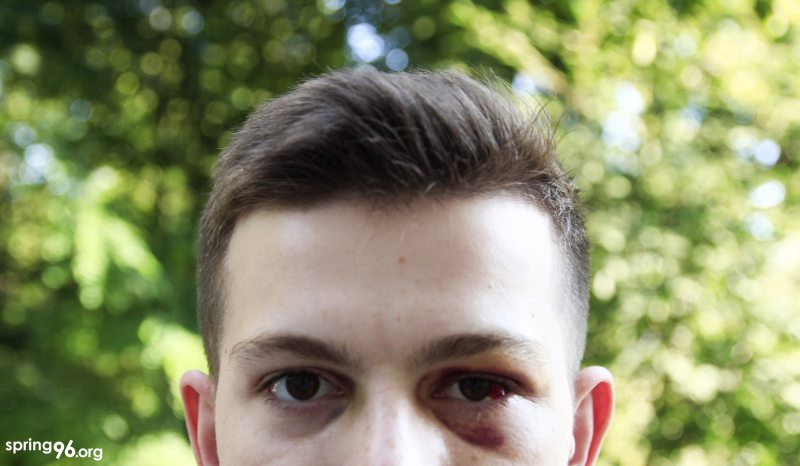
"A paramedic came and started beating people." Survivor stories
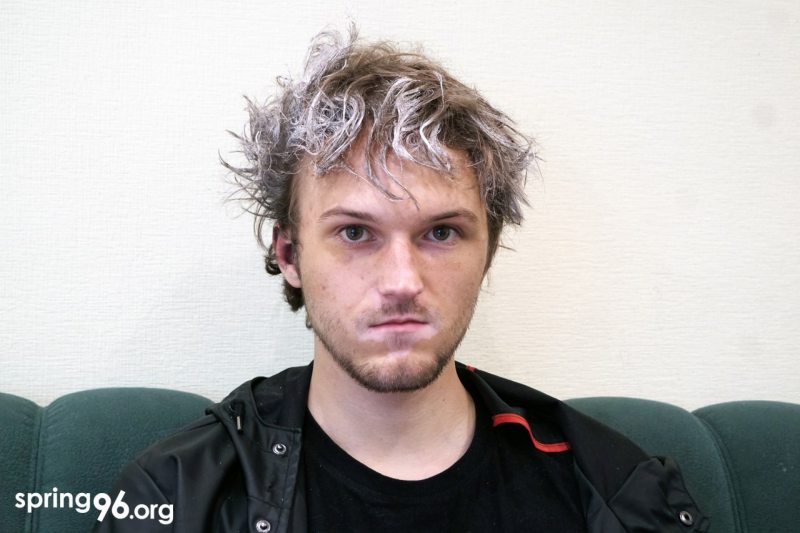
"White paint was poured on my head. It was like a sign to beat me harder." Survivor stories
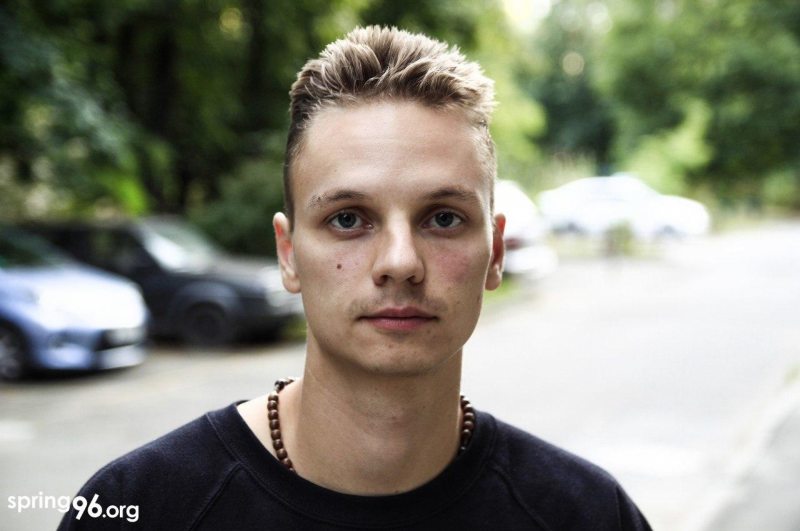
"One of them beats you and the other aims at you with a machine gun." Survivor stories
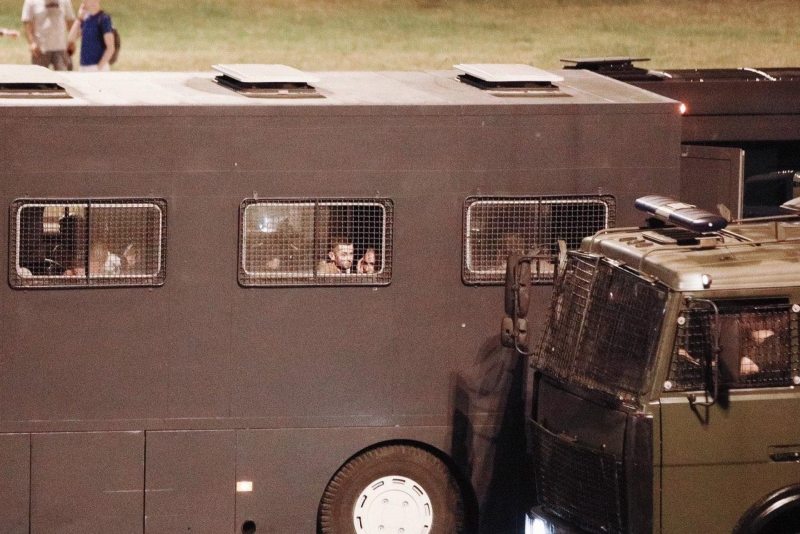
"They took away my bra with a breast prosthesis." Survivor stories
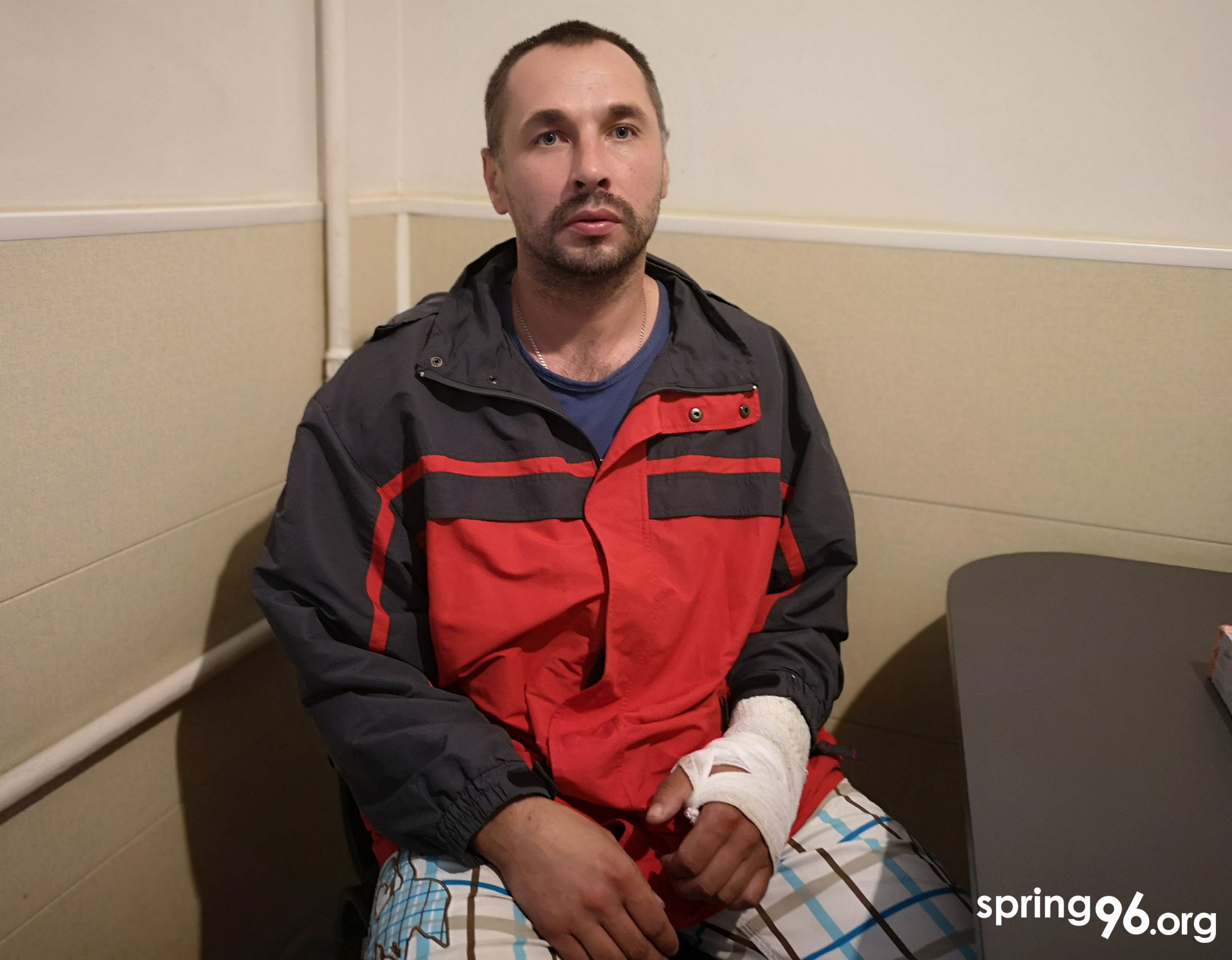
"Road police officers broke my arm during detention." Survivor stories
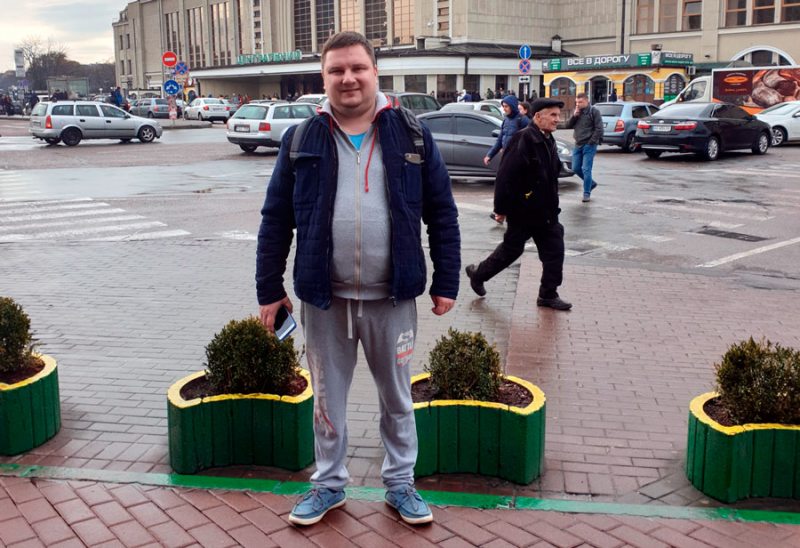
"I was lucky to be a journalist and to have my kidneys thrashed previously." Survivor stories
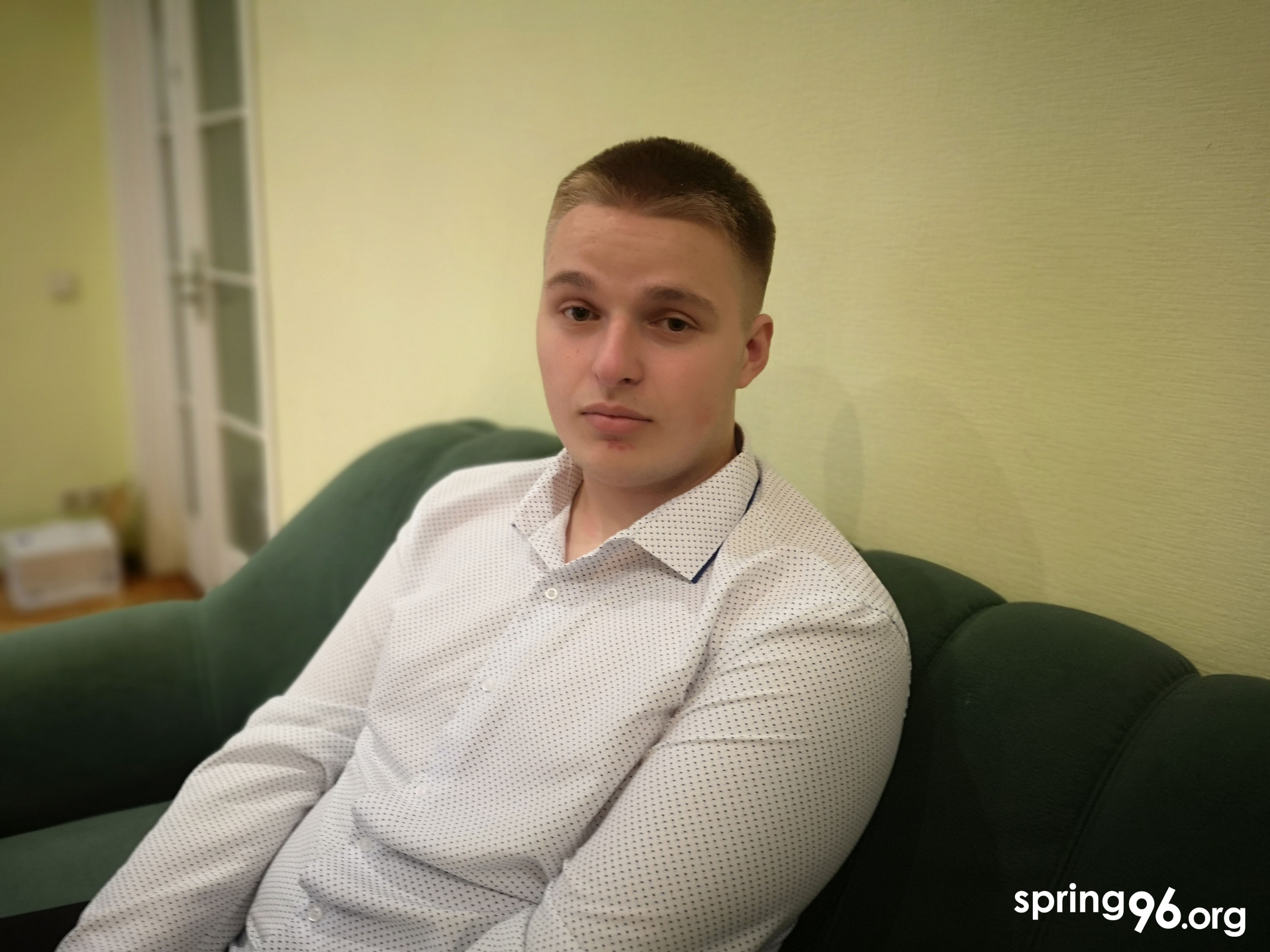
“We will shoot you and you will never be found.” Survivor stories
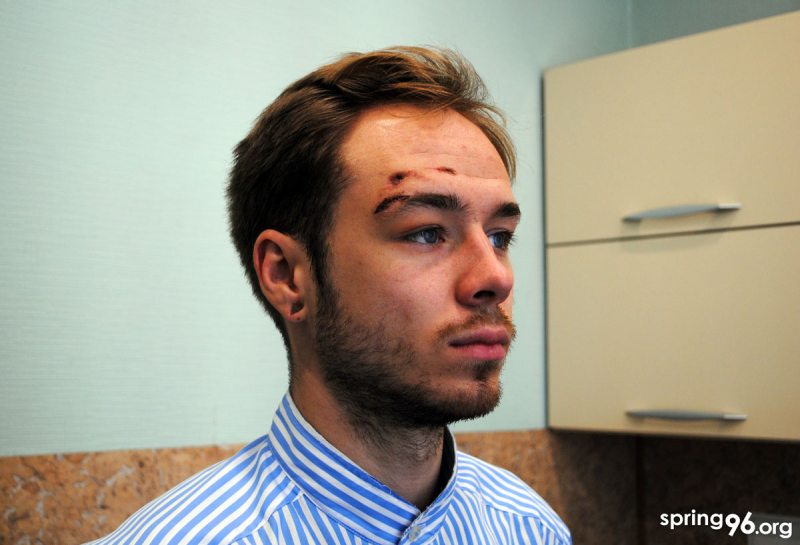
“We were trampled in the police bus.” Survivor stories
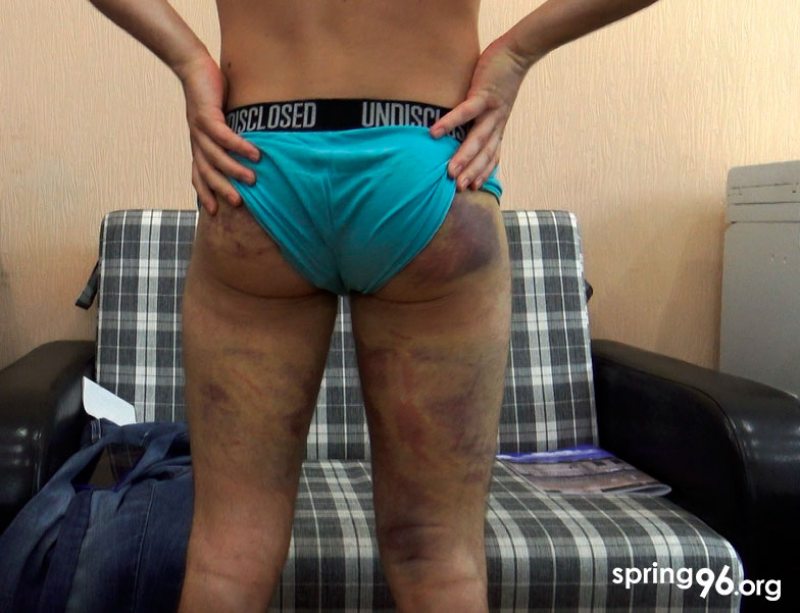
“Now we’ll show you how to s..t your pants." Survivor stories
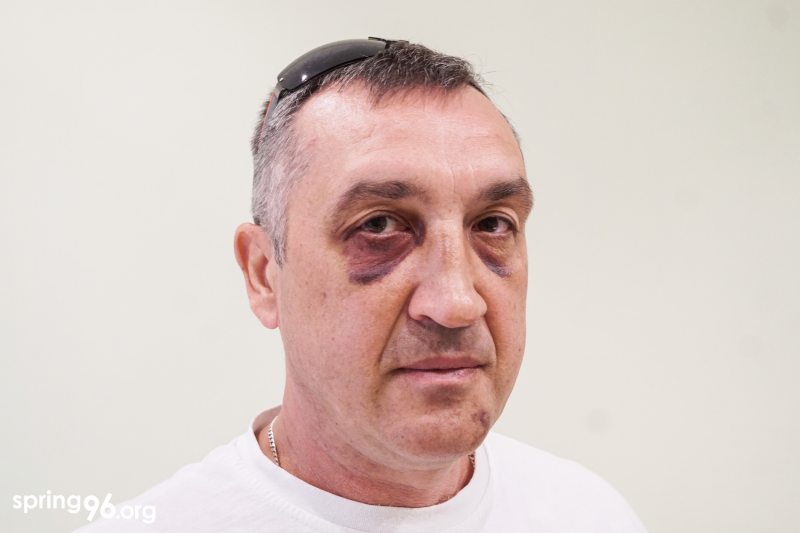
“So you are for Tsikhanouskaya?” Survivor stories
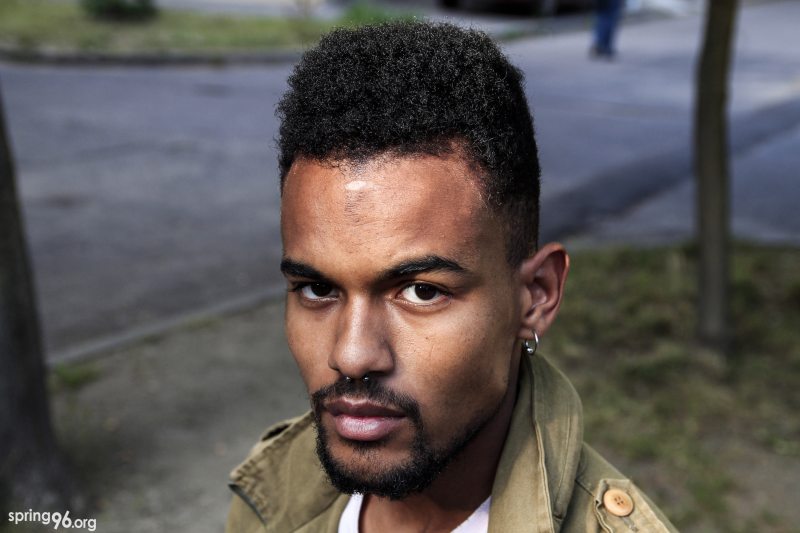
"Officers abused me all the time because I’m black." Survivor stories
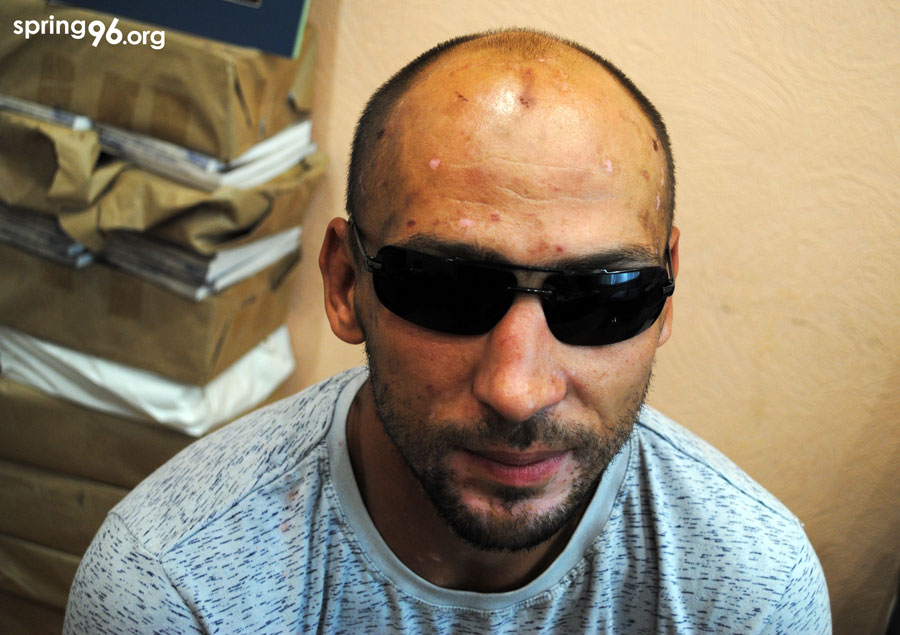
“They kicked me in the head with their police boots.” Survivor stories
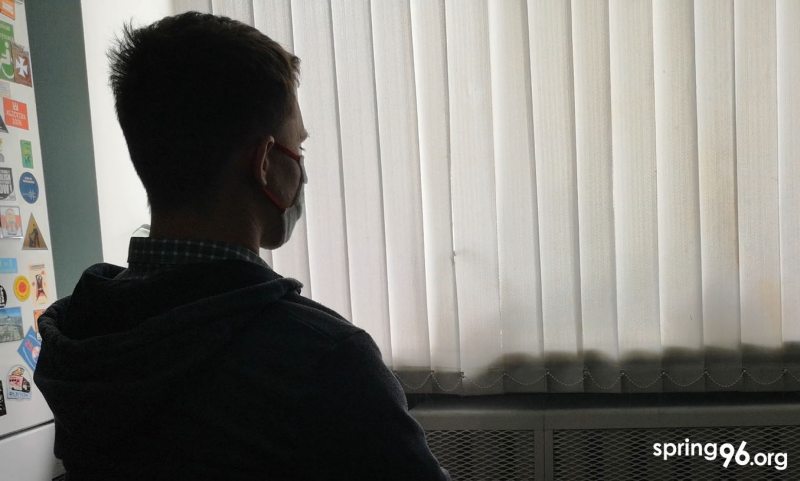
“People were screaming every night.” Survivor stories



